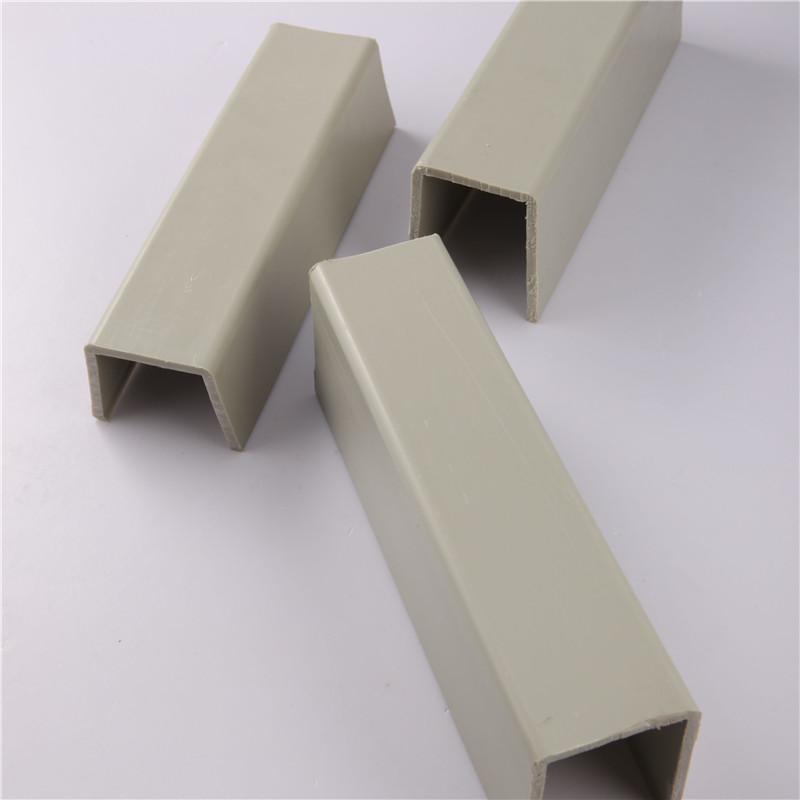Dec . 17, 2024 20:26 Back to list
polypropylene panel
The Versatility of Polypropylene Panels A Comprehensive Overview
Polypropylene panels, formulated from a thermoplastic polymer known as polypropylene, have gained significant traction across various industries due to their remarkable properties and versatile applications. This material is renowned for its lightweight, durability, chemical resistance, and ease of fabrication, making it an ideal choice for a myriad of uses ranging from construction to packaging.
What is Polypropylene?
Polypropylene (PP) is a type of plastic that is produced via the polymerization of propylene gas. It is categorized as a semi-crystalline thermoplastic, which means it possesses both amorphous and crystalline regions in its molecular structure. As a result, polypropylene exhibits a unique blend of mechanical strength, thermal stability, and resistance to various chemicals. These characteristics render polypropylene a popular material for creating panels used in diverse applications.
Advantages of Polypropylene Panels
1. Lightweight and Durable One of the most commendable features of polypropylene panels is their lightweight nature. This not only makes them easy to handle and transport but also reduces the overall load on structures. Surprisingly durable, these panels can withstand significant stress and adverse environmental conditions, making them suitable for both indoor and outdoor applications.
2. Chemical Resistance Polypropylene panels have inherent resistance to a wide range of chemicals, including acids, alkalis, and bases. This makes them particularly advantageous in industrial settings, where exposure to harsh chemicals is a commonplace occurrence. Their resistance to corrosion contributes to their longevity, lowering maintenance and replacement costs.
3. Thermal Stability These panels can maintain their structural integrity under varying temperature conditions. While polypropylene has a melting point of approximately 160°C (320°F), it can function effectively in high-temperature environments without degrading. This property is crucial in applications that necessitate heat exposure.
4. Ease of Fabrication Polypropylene panels are easily fabricated, which allows for customization to meet specific requirements. They can be cut, welded, and molded into various shapes and sizes, making them adaptable for a range of projects. This flexibility is a significant advantage in industries such as construction, automotive, and furniture manufacturing.
5. Eco-Friendly Options Many polypropylene panels are recyclable, which aligns with contemporary environmental sustainability practices. As industries and consumers increasingly prioritize eco-friendliness, the recyclability of polypropylene makes it an attractive alternative to traditional materials.
polypropylene panel

Applications of Polypropylene Panels
The diverse properties of polypropylene panels enable their use across various sectors
- Construction and Architecture In the construction industry, polypropylene panels are used for wall coverings, roofs, and insulation. Their weather resistance and lightweight nature make them a popular choice for modern structures.
- Automotive Industry Polypropylene panels are frequently employed in vehicle interiors, dashboards, and other components due to their durability, aesthetic qualities, and energy absorption capabilities.
- Consumer Goods From storage containers to furniture, polypropylene's versatility extends into the production of everyday consumer goods. Its lightweight nature and resistance to wear make it ideal for household items.
- Healthcare In healthcare settings, polypropylene panels are utilized in medical equipment and furniture due to their resistance to sterilization processes and ease of cleaning, which is vital for maintaining hygiene standards.
- Packaging The packaging industry benefits from polypropylene panels, especially in producing lightweight yet durable packaging solutions, thereby reducing shipping costs while ensuring product protection.
Conclusion
In summary, polypropylene panels present a wide array of benefits that cater to numerous industries, from construction to healthcare and consumer goods. Their combination of lightweight durability, chemical resistance, and thermal stability makes them an invaluable material in contemporary manufacturing and design practices. As sustainability becomes an increasingly important consideration, polypropylene panels also offer eco-friendly solutions. With ongoing advancements in polymer technology, the future of polypropylene panels looks promising, paving the way for innovative applications that will further enhance their appeal and functionality.
-
Durable HDPE Sheet | Versatile & Impact-Resistant Plastic
NewsAug.13,2025
-
Premium PVC Soft Sheets: Clear, Flexible & Durable
NewsAug.12,2025
-
Premium PVC Round Rods: Durable, Chemical Resistant, Easy to Machine
NewsAug.11,2025
-
PP U-channel: Chemical-Resistant, Lightweight & Durable
NewsAug.10,2025
-
Transparent PVC Pipe: Clear Flexible Tubing for Fluids
NewsAug.09,2025
-
Durable PP Rigid Sheet: Versatile & High-Quality Plastic Panels
NewsAug.08,2025

